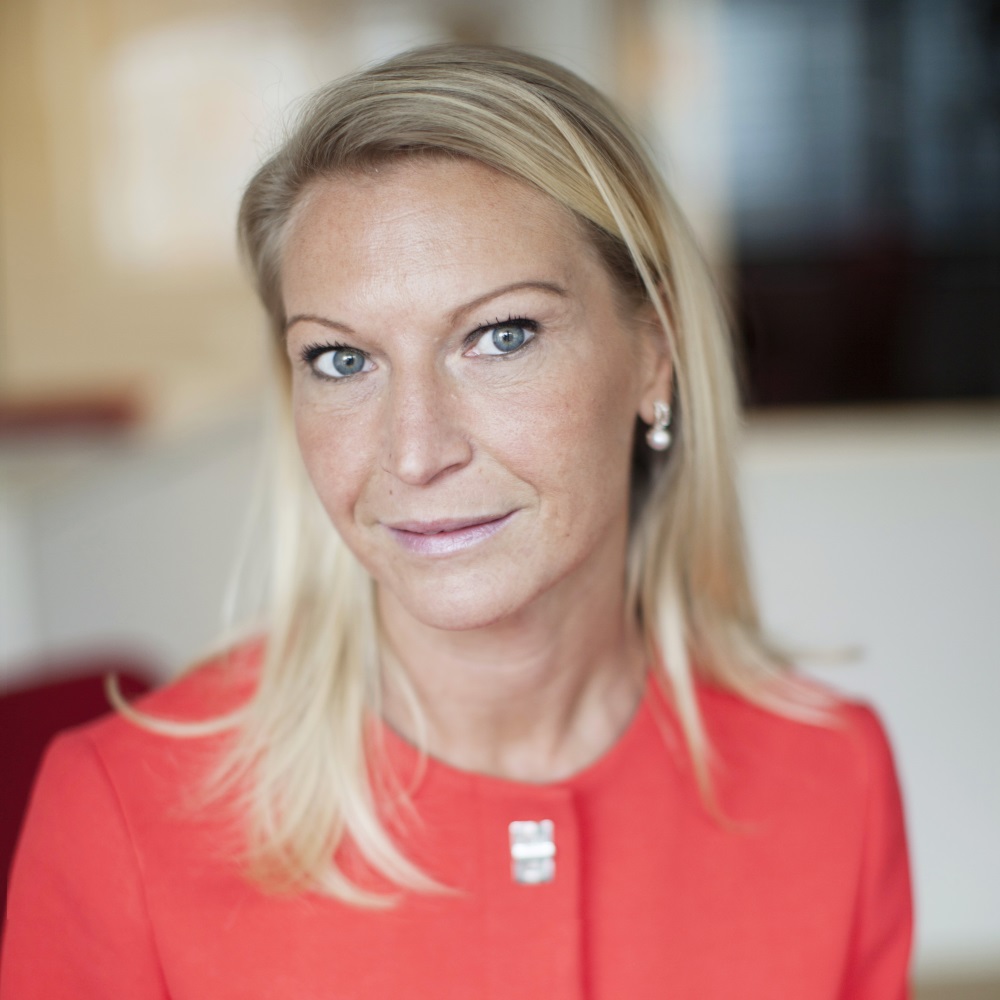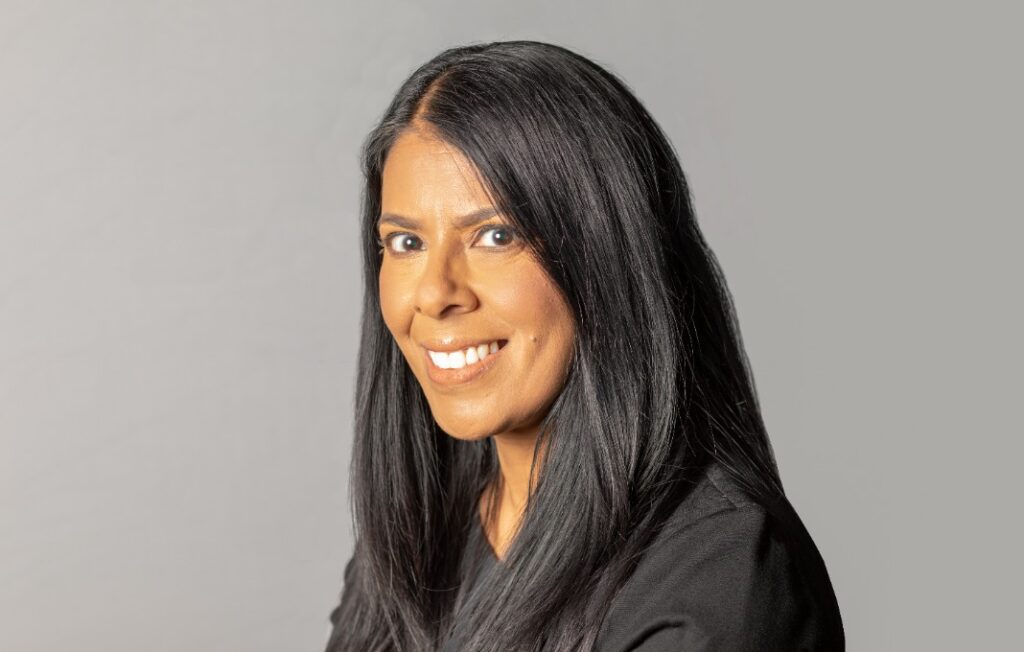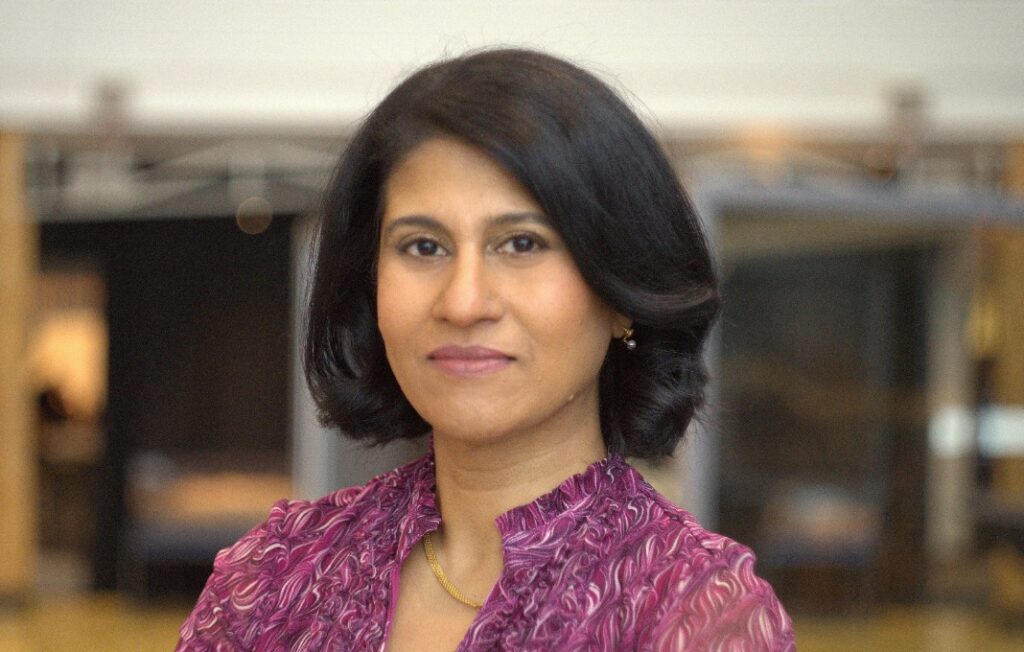Medius, a provider of spend management solutions, is always happy to rehire people who have left the company. “I see no real challenges, only benefits in having employees who know our company and culture actively re-join us,” says Hanne Engberg, SVP of HR for the Sweden-based company with U.S. headquarters in New York City. She sees employees who leave the company as “Medius ambassadors.”
This focus on culture—and employees—is one reason Medius is weathering the Great Resignation. Engberg spoke with StrategicCHRO360 about how to build trust, leading remotely and the importance of transparency.
Given the challenges of the Great Resignation, what do you think is the secret to building a resilient company culture and finding a balance between employee and employer satisfaction?
I am a true believer in building trust. Trust combined with feedback takes you far when it comes to motivation It gives us the appreciated culture we have. This trust breads teamwork and collaboration, two other core values of ours. The Medius HR team promotes these values in our manager coaching sessions and leadership trainings. One thing we did was to change the former yearly formal appraisal processes to informal one-on-on talks a couple of times a year. We also look to these meetings between managers and employees to get real-time feedback on how we can improve.
We have seen the success of having an open culture—one where cooperation is in our backbone and where employees trust their managers and the other way around. In our yearly employee survey, on a scale from 0 to 6, our average score on the question, “I collaborate well with my colleagues,” is 5.29. On the question, “I have trust in my manager,” the average is 5.38. For “My manager has trust in me,” the average is also 5.38. On the question, “My manager gives me feedback,” the average is 5.03 and for “My manager welcomes feedback,” the average is 5.27. We are very proud of these results.
Medius has had a lot of success hiring its former customers and hiring back boomerang employees. Tell me about the strategy behind both. What have been the challenges? What have been the benefits?
Honestly, there is no real strategy behind this. For former customers, we are seeing that those who apply value our culture and appreciate the people they have met. When it comes to boomerang employees, we are extremely proud of the many re-joiners we have at Medius. This is the best receipt we can get on culture and work environment.
I see no real challenges, only benefits in having employees who know our company and culture actively re-join us. When we talk to these employees, the common factor of coming back was that they missed the company culture, colleagues and team spirit. We score very high on cooperation, trust and leadership in our employee survey, key areas to get motivated and productive employees. Our employees enjoy the Medius spirit and when they decide to leave, we make sure to treat their decision respectfully as we see them as Medius ambassadors. We always welcome them back and continue to stay in touch with them. Like I said, while we don’t have an active strategy, our underlying culture attracts top talent.
As a global organization, how is Medius navigating hybrid work across various parts of the world and keeping productivity up?
It all comes down to management. Our leaders have been trained in how to lead remotely. It is a balance in staying close to your team and direct reports without micromanaging them. Again, trust and feedback are key.
Leaders make sure the teams know what is expected of them, show them the direction and let them know how they do. At Medius we are not clocking our employees—we trust they conduct the work expected. That said, our leaders make sure they are available for questions and coaching, teams have regular online meetings and managers have regular one-on-one meetings with employees.
Our staff has adapted well to remote work, and we will continue to offer the opportunity for those who prefer it. In fact, we share tips on remote work to all employees, everything from how to set up an ergonomic workstation to work out videos and the importance of “checking in and checking out” at work when you have your workstation in your home.
As a global organization, how is Medius creating a more inclusive workplace where employees of diverse backgrounds feel represented?
We believe that a diverse workforce adds value to the company culture and have zero tolerance for discrimination of any kind. All employees are welcomed, and we evaluate competence and personal fit for new employees—that is what we care about.
What was the biggest professional lesson you learned from the last year?
To be honest, the pandemic has been one of the hardest things I’ve dealt with professionally. Not because I feared lack of performance from the workforce, but the fact that I oversaw communications to our global staff without any real experience to fall back on, not knowing what to expect and the lingering question of is this “right or wrong.”
One of the biggest challenges was to keep up to date with the situations and local government recommendations across the nine countries where we have a presence. One of my biggest fears was losing our great culture due to the disruption Covid caused and all the related unknowns.
That said, the biggest lesson for me has been the importance of visibility and transparency, especially by my team and the larger management team. More than ever, frequent corporate communication was important. You are not expected to have all the answers, but you need to set a direction for the staff to adapt to. You need to have them feel safe even when no one has a true picture of what the future looks like. It was the trust that has been instilled in the Medius culture that allowed for this type of communication and allowed understanding that we don’t have all the answers. Employees knew that we would provide timely and honest updates.
I also think that the importance of empowering our managers to do what was best for their teams was critical. From one day to another we had to change our way of working, from office work for most of the workforce to fully remote work. Our staff has adapted to this in a very good way and the productivity has been unaffected. I am proud of how our managers and employees have handled the situation.








